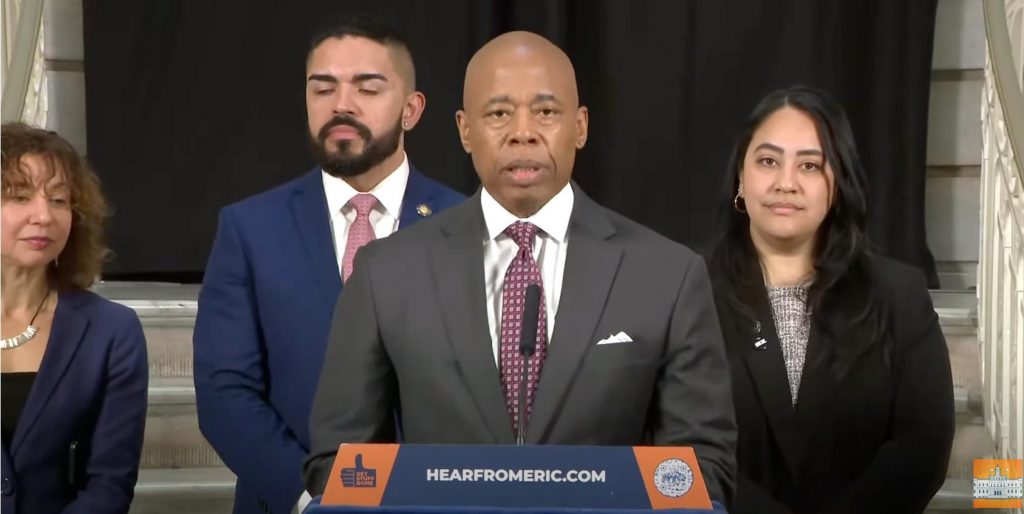New York City Mayor Eric Adams has announced the extension of the city’s successful water bill amnesty program for an additional month, through May 31, 2023. The program, initially scheduled to last just 90 days, aims to help New Yorkers save money and clear their debts while also supporting investments in the city’s water system, critical infrastructure maintenance, and keeping water rates low.

To date, the program has brought in more than $80 million from delinquent accounts, helping approximately 86,000 customers save a total of $12 million in interest. As part of the initiative, the Department of Environmental Protection (DEP) has granted low-income homeowners a total of $4.2 million in billing credits. Customers who do not pay their delinquent bills or enter payment plans will face enforcement measures, including water service shutoffs.
Mayor Adams emphasized the importance of water as a precious resource and urged New Yorkers to do their part in maintaining the city’s water supply by paying their unpaid water bills. He said, “By extending our water bill amnesty program by an extra month, more New Yorkers will be able to pay off their debts and save on paying interest, leaving more money in working people’s pockets. The funds we receive help us maintain our critical water infrastructure and keep costs low for everyone, which is why those who refuse to pay will have their water shut off.”
The water bill amnesty program has generated the first sustained reduction in DEP’s delinquent accounts balance since the COVID-19 pandemic. One of the many beneficiaries of the successful program is the Shorehaven community, located on the Clason Point peninsula in the Bronx. Residents of the development, composed of condominiums and two-family homes, will save more than $400,000 and reduce their burden of unpaid water bills.
To maximize program exposure, the city conducted extensive outreach efforts engaging with elected officials, community boards, business improvement districts, real estate companies, and property managers. They also promoted the program via social media, traditional press, ethnic media, Taxi TV, and 311, while notifying eligible customers through robocalls, billing inserts, direct mail, and email.
During the pandemic, DEP saw a significant increase in the receivable balance of delinquent accounts, which threatens the operations and capital needs of a service the city could not survive without. Data shows that 85 percent of customers who set up a payment plan stay on it and successfully clear their debt. Increased enforcement, including possible water service shutoffs, will be key to driving long-term delinquencies down even further.
The water bill debt forgiveness program has been widely commended by elected officials and community leaders, who view it as a critical step in helping struggling New Yorkers save money and contribute to the city’s water infrastructure. With this extension, more residents will have the opportunity to benefit from this successful initiative and support New York City’s world-class water system.


